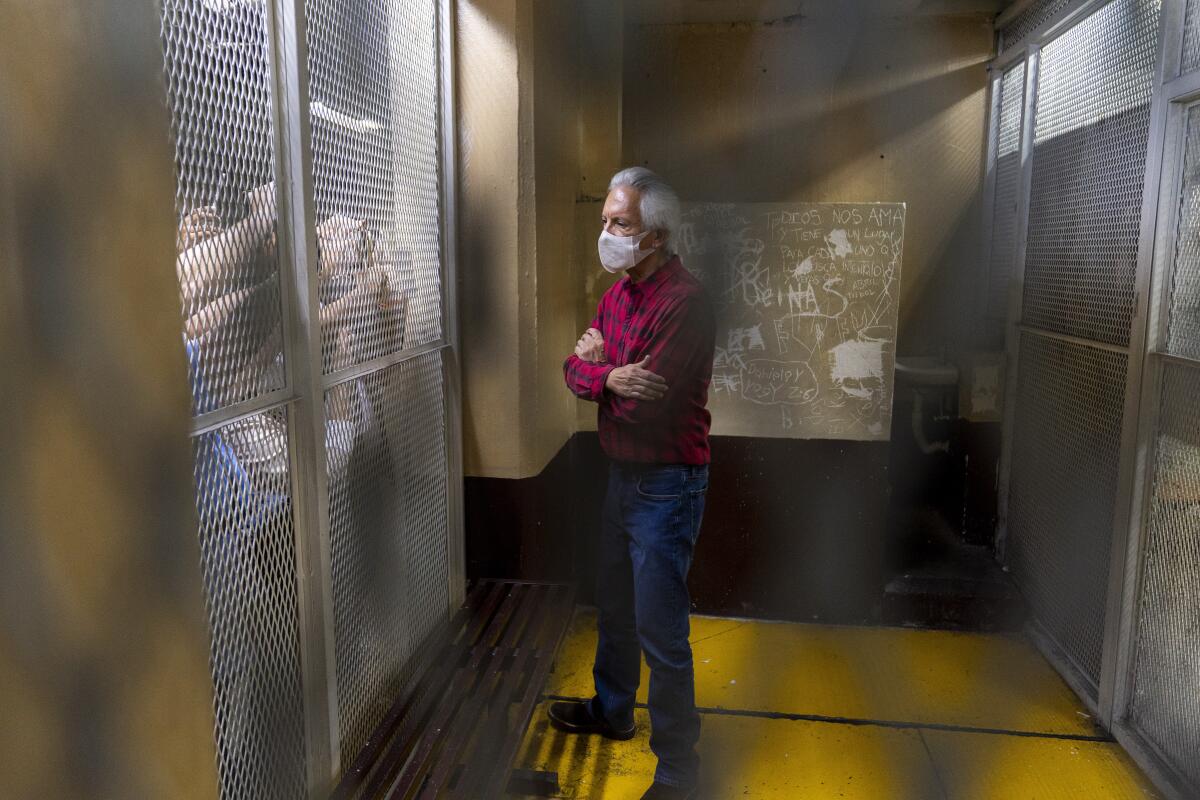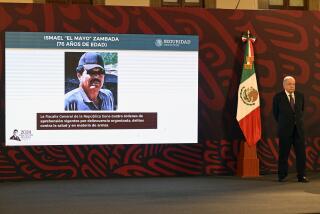Guatemala’s El Periodico newspaper, facing government pressure, stops print edition

GUATEMALA CITY — The prominent Guatemalan investigative newspaper El Periodico announced Wednesday that it is stopping its print edition after the government arrested the paper’s president.
José Rubén Zamora was arrested in July and charged with money laundering and extortion. Zamora has overseen dozens of investigations into corruption during his leadership at El Periodico since the paper was founded in 1996.
All of the paper’s reporters have been let go, and it is not clear how it can continue with digital editions only. The government has withdrawn advertising and has allegedly pressured businesses to do the same.
“It has been 30 years of struggle against corruption and impunity, against governmental abuses and terrorism, in favor of freedom transparency and accountability,” Zamora wrote in a final editorial, datelined from the prison cell where he is being held.
The closure of the print edition came on Guatemala’s “Day of the Journalist.” Guatemala’s chief prosecutor has been criticized by the United States government for blocking corruption investigations and instead pursuing the prosecutors and judges who carried them out.
Mario Recinos, president of the Guatemalan Assn. of Journalists, said reporters have to operate “amid limits on the freedom of expression, harassment, criminalization of journalism and judicial persecution.”
Recinos said five Guatemalan journalists have been forced into exile under the administration of President Alejandro Giammattei because of persecution.
The U.S. government has sharply criticized the weakening of anti-corruption efforts in Guatemala and last year canceled the U.S. visa of Guatemalan Atty. Gen. Consuelo Porras, who had been pursuing former prosecutors who conducted corruption investigations.
Around 30 former anti-corruption officials have fled the country, and the persecution appears to have extended to journalists.
Giammattei has been dismissive of U.S. officials’ criticism of his attorney general and what they see as Guatemala backsliding on battling corruption. The country’s new special prosecutor against impunity has been placed on a U.S. list of people suspected of corruption or undermining democracy. He is accused of obstructing corruption investigations.
Zamora has said the case against him “is a set-up effectively designed and mounted by the president, attorney general and other people.”
Separately, the Spanish news service EFE announced Wednesday that one of its correspondents was denied reentry to Nicaragua after traveling to Panama and the United States.
EFE reported that Luis Felipe Palacios, a 44-year-old Nicaraguan journalist who has worked for the agency since 2006, was not allowed to board a flight from Miami to Managua on Nov. 21.
Nicaragua Vice President and First Lady Rosario Murillo, who is also the government’s spokeswoman, did not immediately respond to a request for confirmation.
The government of President Daniel Ortega has denied entry to foreign correspondents from other news outlets in recent years. His administration has silenced independent press outlets, driving journalists into exile and taking television stations off the air. In September, the government removed CNN’s Spanish-language broadcast, accusing it of interference and of violating national sovereignty.
According to the press advocacy group Independent Journalists and Communicators of Nicaragua, at least 50 local media outlets have been closed and more than 150 journalists have been forced into exile since 2018, when massive street protests demanded Ortega step down.
More to Read
Sign up for Essential California
The most important California stories and recommendations in your inbox every morning.
You may occasionally receive promotional content from the Los Angeles Times.










